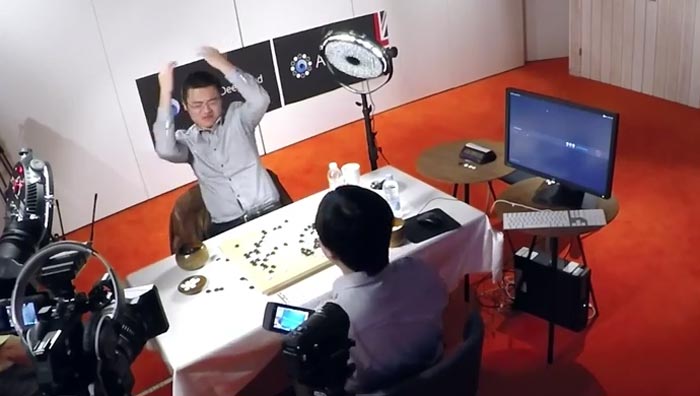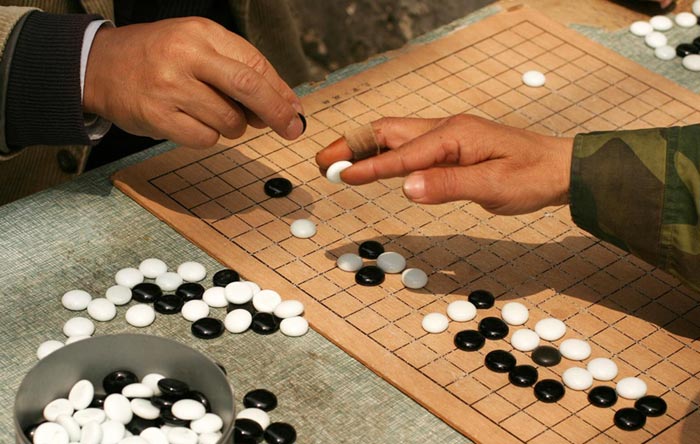Google has revealed that it has achieved one of the grand challenges of AI. Its AlphaGo system has utilised advanced tree search and deep neural networks to learn the ancient board game. Now AlphaGo has surpassed all previous attempts at an AI purposed for the game of Go, playing and winning against accomplished human players for the first time.

While computer intelligence has been developed to play us at various board games and then polished to beat (even the best) human players over the years, an AI that could play and beat humans at Go has been elusive. Computer scientists have toppled the best players of noughts-and-crosses (1952), draughts (1994) and even chess (1997) - but Go was thought to have been beyond computers for now, due to its "profound complexity". The game, superficially similar to Reversi or Othello, is played on a 19x19 grid. There are 2.1×10170 possible positions on the board, compared to a measly 1043 to 1050 legal positions in chess.

Google explains that the success of its AlphaGo system depends upon its learning capabilities. First of all the researchers trained the neural networks on 30 million moves from games played by human expert players. As the aim was for an AI rather than a mimic, the system was then allowed to play itself for thousands of games to discover winning strategies. Reinforcement learning adjusted the connections in its neural networks, helped along by the resources of the Google Cloud Platform.
In subsequent tests AlphaGo has played 500 games against the cream of the Go computer game crop, losing just once. AlphaGo was then pitted against the reigning three-time European Go champion Fan Hui, "an elite professional player who has devoted his life to Go since the age of 12". Google says that in a closed-doors match against Hui last October, AlphaGo won by 5 games to 0. (see video below) Coming up, in March, AlphaGo will be challenged again by one of the best human players, Lee Sedol, "the top Go player in the world over the past decade".
To conclude, Google reminds us that learning to play and to win in such games helps provide general purpose AI training methods which could be applied to tough real-world problems such as climate modelling and complex disease analysis.













